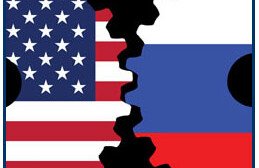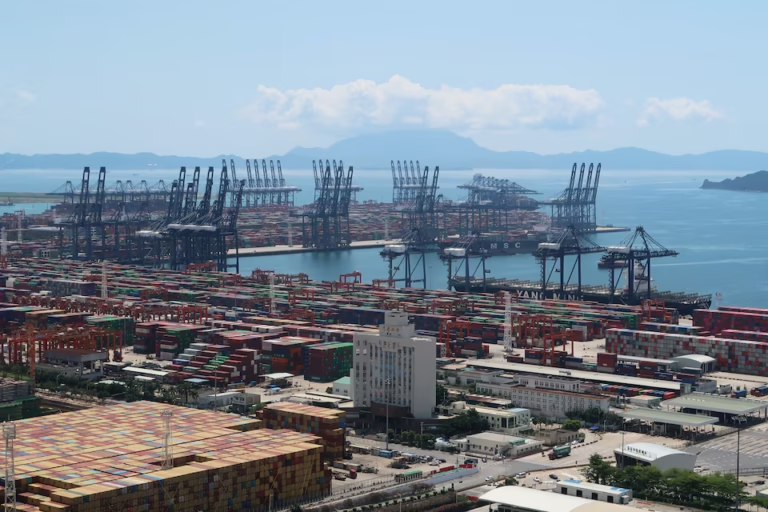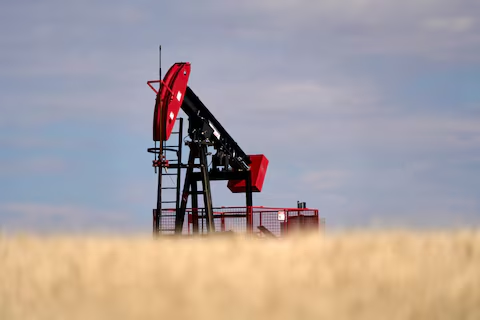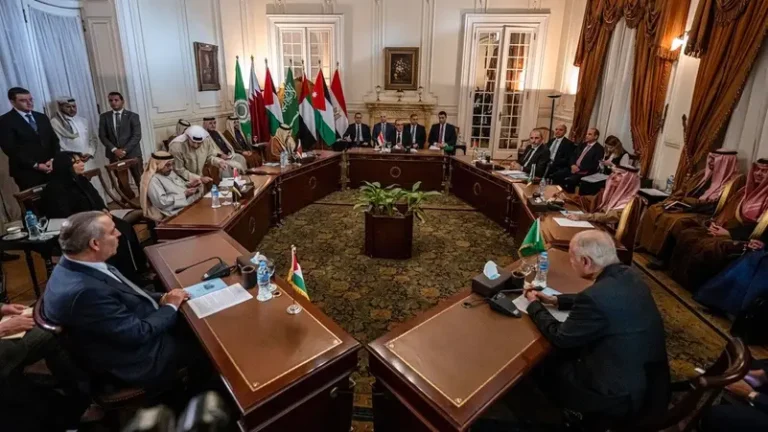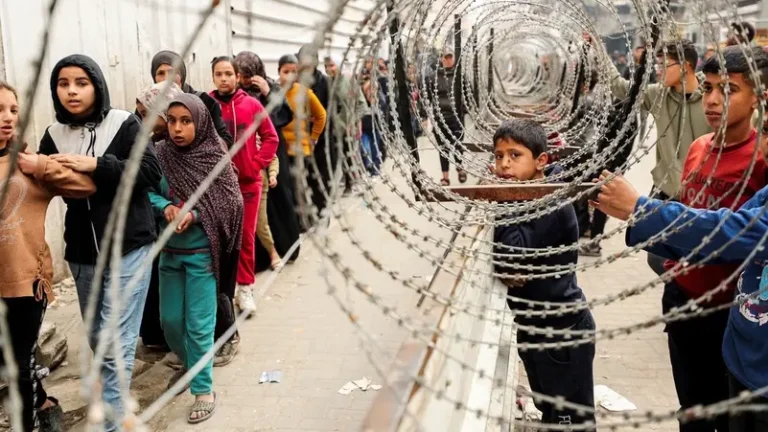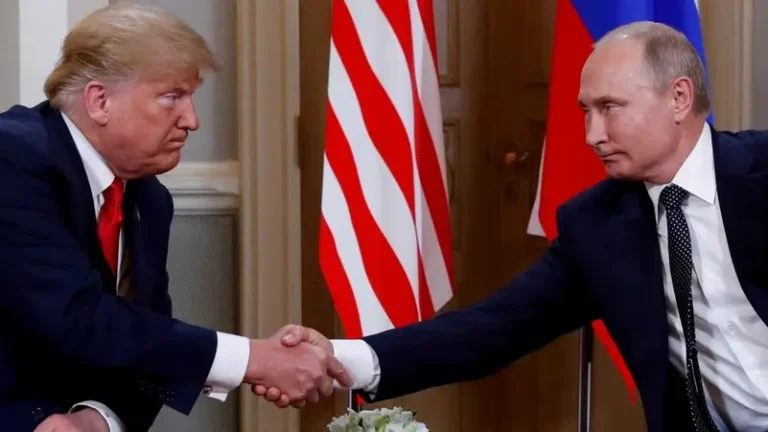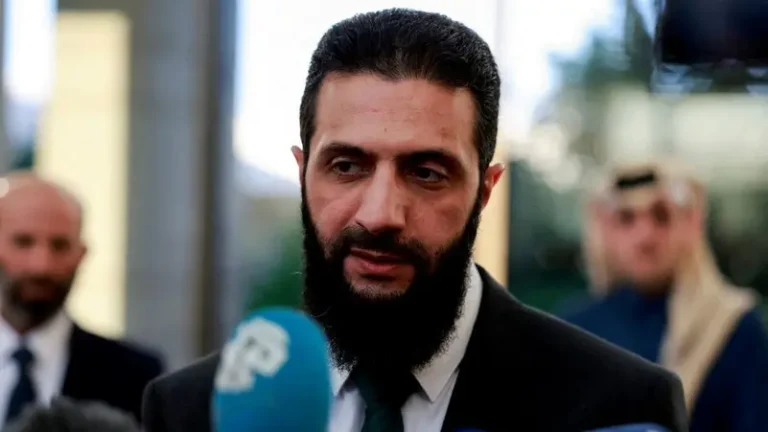One of Russia’s key economic figures, Kirill Dmitriev, who leads the country’s sovereign wealth fund, has voiced a positive outlook on the potential for cooperation between Russia and the United States under incoming US President Donald Trump.
In an exclusive interview with Hadley Gamble, International Anchor, at the Future Minerals Forum in Riyadh, Saudi Arabia, Dmitriev expressed little concern over Trump’s recent threats to make claims on Greenland, seeing them instead as potential openings for collaboration.
“The Arctic is, first of all, huge, and there is opportunity to develop Arctic together… It has to be done in an environmentally positive way. It has to be done in a partnership way,” Dmitriev said, reflecting a dismissive attitude toward American geopolitical maneuvers in Greenland and Canada.
He further elaborated on Russia’s ongoing engagement in the mineral sector despite Western sanctions, emphasizing, “Russia is 13 percent of all of the mineral supply to the world, so we are a major player.”
“We continue to supply minerals to all of the Western nations, including palladium, copper, aluminum, etc.,” he added.
Dmitriev praised the business-driven approach of the Trump team, contrasting it with the outgoing administration, which he implied was more focused on political maneuvering rather than practical outcomes.
“You really have very successful business people, very successful people who have had a significant track record of achievement… So not so much politicians who are basically focused on sort of political things, but people who get things done,” he stated.
“We cannot have just politicians who focus on negative and just basically try to increase the risk of nuclear war in the world,” he added.
Dmitriev also lampooned Europe for its handling of energy relations with Russia, especially in light of the conflict in Ukraine, hinting at European responsibility for their energy woes.
He suggested that Europe’s economic difficulties stemmed from not engaging more constructively with Russia on energy supplies. “Europe is really a big economic loser from the current approach,” he noted.
“How do we know it? You know, industrial enterprises are being shut up. People are being unemployed.”
Gamble interjected: “Most Europeans would say that’s Russia’s fault.”
The fund boss retorted “Well, I mean, that’s the fault of Europeans for not receiving cheap Russian energy supplies,” going on to project that in 2025, Europe would recalibrate its focus towards economic resilience vs. geopolitical wrangling.
Regardless of whatever decision Europe might come to, Dmitriev shared that Moscow was recalibrating investment efforts focusing on partnerships within the BRICS nations and across Asia.
“We’re exploring lots of partnership opportunities with China, with other BRICS nations to actually jointly develop rare earth metals.”
He insisted the notion being tabled of a rare earth metal crunch, in light of soaring demands for AI computing power, and clean energy infrastructure, was only being exacerbated by the West’s refusal to engage with Russia.
“So definitely, sanctions and other aggressive tactics do not help in sectors where there is a scarcity of certain commodities,” he said.
Dmitriev reiterated a cautiously optimistic outlook on the incoming administration and its impacts in his closing remarks.
“We need to have politicians and business people who say, okay, what are the issues we agree on, what are the issues we disagree on? What are the security concerns of Russia? How can those be addressed in a problem-solving manner,” he said.
“So we are quite hopeful. But again, you know, it’s too early to say and too early to predict how it will evolve, how quickly we could get to the table.”

